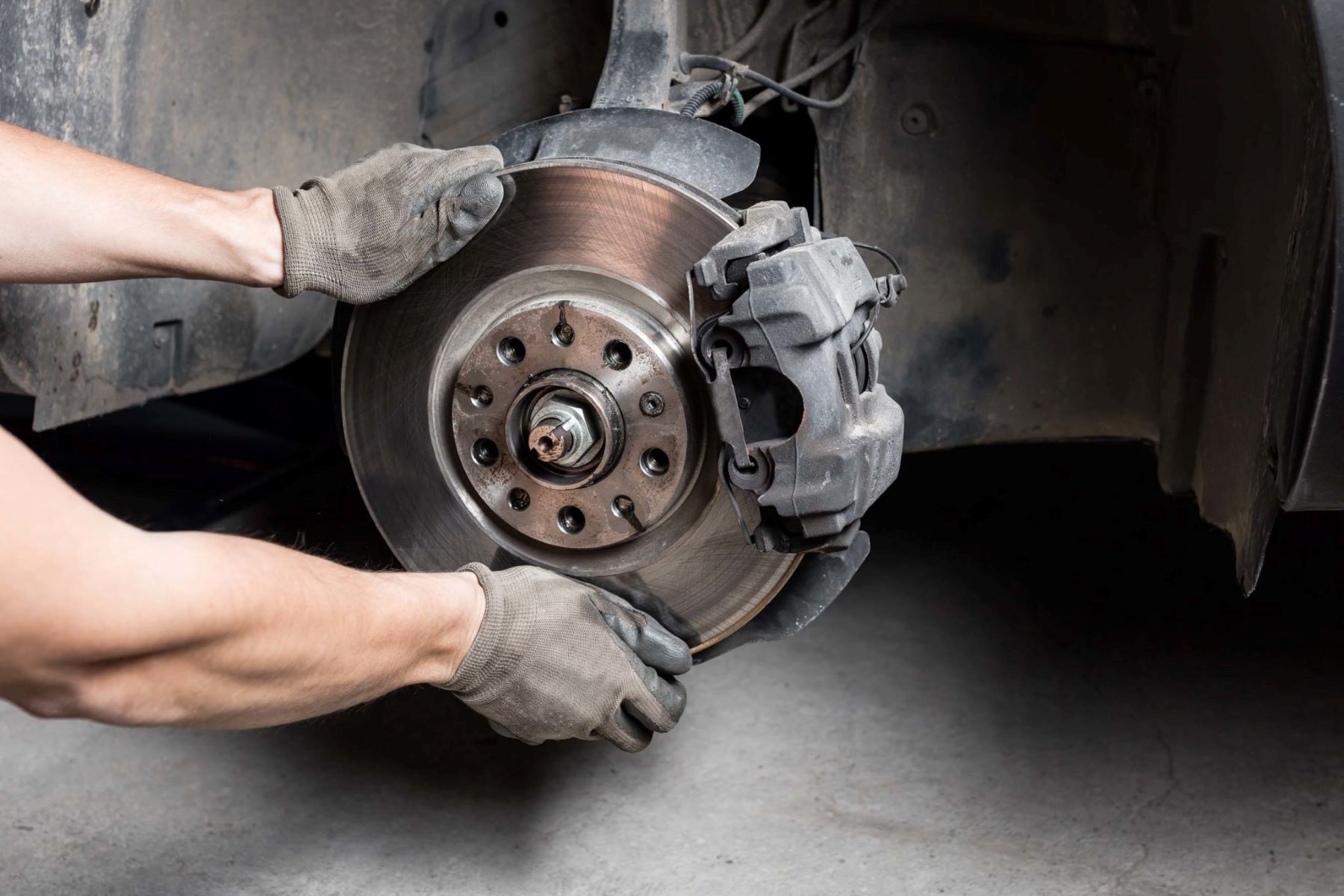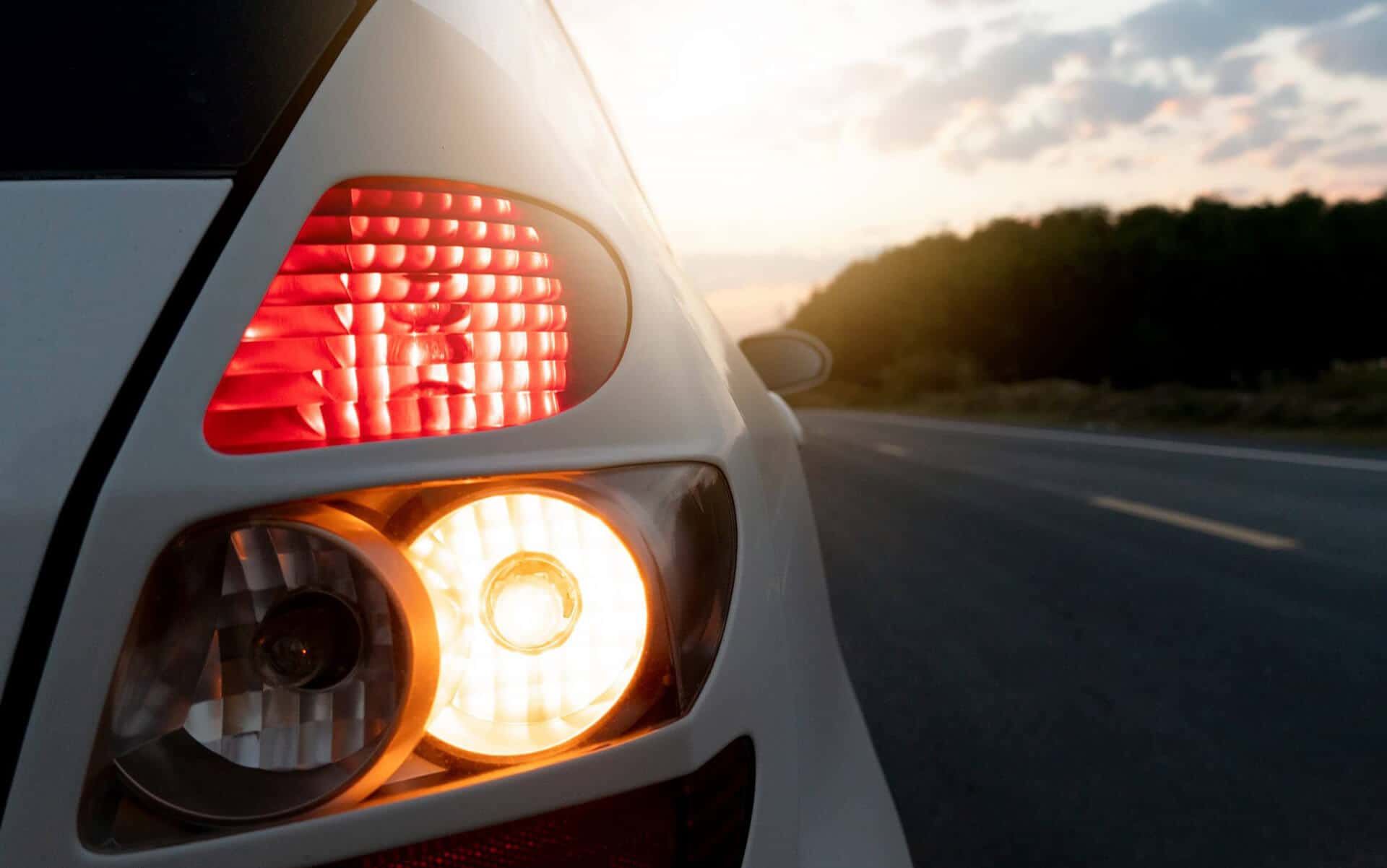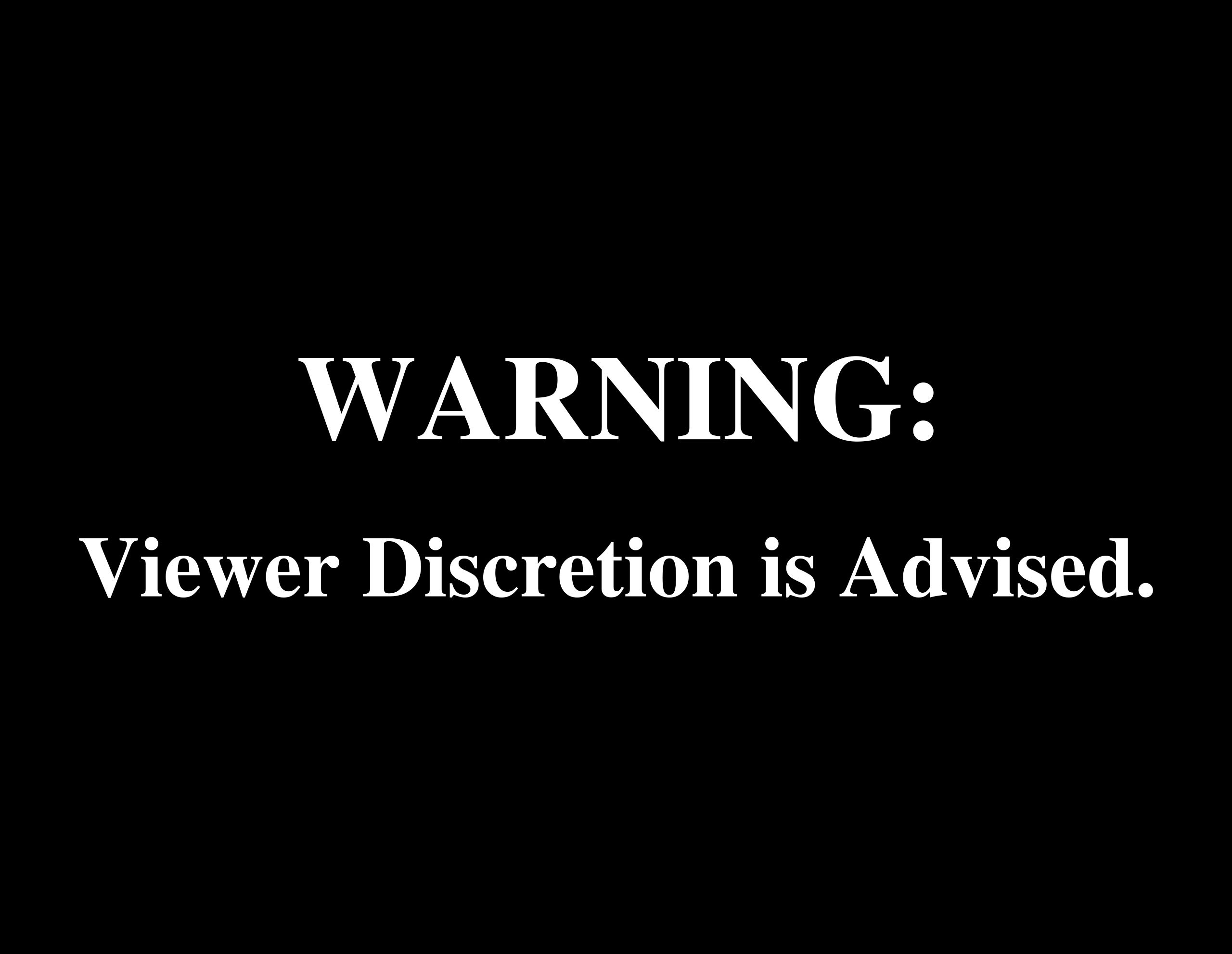Home>Automotive>The Shocking Truth Behind The Mysterious Brake Grinding Noise!


Automotive
The Shocking Truth Behind The Mysterious Brake Grinding Noise!
Published: January 21, 2024
Uncover the truth about the mysterious brake grinding noise with our expert automotive analysis. Learn how to address this common issue today!
(Many of the links in this article redirect to a specific reviewed product. Your purchase of these products through affiliate links helps to generate commission for Regretless.com, at no extra cost. Learn more)
Table of Contents
Introduction
Imagine cruising down the open road, the wind in your hair, and the hum of the engine lulling you into a state of blissful relaxation. Suddenly, a jarring noise shatters the tranquility – the dreaded grinding sound emanating from your vehicle's brakes. It's a sound that can send shivers down the spine of any driver and evoke a sense of impending doom. But what exactly causes this unsettling noise, and more importantly, what are the potential implications of ignoring it?
In the world of automotive maintenance, the brake system stands as a crucial component that ensures the safety and functionality of a vehicle. When the brakes emit a grinding noise, it serves as a distress signal, indicating that something is amiss within this vital system. Understanding the underlying causes of this unsettling noise and its potential repercussions is paramount to preserving both the safety of the vehicle's occupants and the longevity of the vehicle itself.
As we delve into the mysterious realm of brake grinding, we will unravel the enigma behind this unnerving sound, uncover the potential dangers of dismissing it, and explore the essential steps to address it effectively. So, fasten your seatbelt and prepare to embark on a journey through the intricate world of automotive maintenance. It's time to shed light on the shocking truth behind the mysterious brake grinding noise!
What Causes the Brake Grinding Noise?
The unsettling grinding noise that emanates from a vehicle's brakes is often a symptom of underlying issues within the brake system. Understanding the root causes of this disconcerting sound is essential for ensuring the safety and functionality of the vehicle. Let's delve into the potential culprits behind the enigmatic brake grinding noise:
-
Worn Brake Pads: One of the most common causes of brake grinding is worn brake pads. Over time, the friction material on the brake pads wears down, exposing the metal backing plate. When this occurs, the metal plate comes into direct contact with the brake rotor, resulting in a harsh grinding noise. This abrasive contact not only compromises braking performance but also poses a significant safety risk.
-
Lack of Lubrication: Within the brake system, various components, such as caliper bolts and slides, require adequate lubrication to function smoothly. When these components become dry or contaminated, they can generate friction and produce a grinding noise when the brakes are applied. This lack of lubrication can stem from improper maintenance or the intrusion of debris and moisture into the braking system.
-
Worn Brake Rotors: In addition to worn brake pads, deteriorated brake rotors can also contribute to the development of a grinding noise. Over time, the friction and heat generated during braking can cause the brake rotors to wear unevenly or develop grooves. As a result, the metal-on-metal contact between the brake pads and the damaged rotors produces a distinct grinding sound.
-
Foreign Object Intrusion: The intrusion of foreign objects, such as small rocks or debris, into the braking system can lead to abrasive interactions between the brake components. This intrusion can occur due to driving on unpaved roads or parking in areas with loose gravel or debris. When foreign objects become lodged between the brake pads and rotors, they can trigger a grinding noise and potentially cause damage to the braking system.
Understanding these potential causes of brake grinding noise is instrumental in diagnosing and addressing the issue effectively. By identifying the underlying factors contributing to this unsettling sound, drivers and automotive professionals can take proactive measures to restore the integrity and functionality of the brake system, ensuring a safer and more enjoyable driving experience.
The Dangers of Ignoring Brake Grinding
The implications of disregarding the ominous grinding noise emanating from a vehicle's brakes extend far beyond mere annoyance. Ignoring this warning sign can lead to a cascade of detrimental consequences that compromise both the safety of the vehicle's occupants and the overall performance of the vehicle. Let's delve into the profound dangers associated with turning a blind eye to brake grinding.
-
Compromised Braking Performance: When the brakes emit a grinding noise, it is a clear indication of underlying issues within the brake system. Ignoring this warning sign can result in compromised braking performance, as the grinding noise often stems from worn brake pads or deteriorated brake rotors. As these critical components degrade further, the ability of the brakes to effectively slow or stop the vehicle diminishes, posing a substantial safety risk to the driver, passengers, and other road users.
-
Accelerated Brake Component Wear: Continuing to operate a vehicle with grinding brakes accelerates the wear and tear of essential brake components. The metal-on-metal contact between worn brake pads and rotors can lead to rapid deterioration, causing irreparable damage to these vital parts of the brake system. This accelerated wear not only necessitates costly repairs or replacements but also heightens the risk of brake failure, jeopardizing the safety of everyone on the road.
-
Increased Repair Costs: Neglecting the grinding noise from the brakes can lead to a domino effect of damage throughout the brake system. What might have initially been a minor issue, such as worn brake pads, can escalate into more extensive damage if left unaddressed. This can result in significantly higher repair costs, as the need for replacing multiple brake components arises due to prolonged neglect.
-
Safety Hazard: Above all, ignoring brake grinding poses a significant safety hazard. The brakes are a vehicle's primary means of deceleration and stopping, and any compromise to their functionality jeopardizes the safety of everyone on the road. A vehicle with compromised brakes is at a heightened risk of being involved in accidents, potentially leading to severe injuries or fatalities. By disregarding brake grinding, drivers not only endanger themselves but also put other road users at risk.
In essence, the dangers of ignoring brake grinding extend beyond mere inconvenience, delving into the realm of safety, financial burden, and overall vehicle integrity. Addressing this warning sign promptly through proactive maintenance and timely repairs is paramount to safeguarding both the vehicle and its occupants. By heeding the warning signs and taking swift action, drivers can mitigate these dangers and ensure the continued reliability and safety of their vehicles.
How to Address Brake Grinding
Addressing brake grinding is paramount to ensuring the safety, performance, and longevity of a vehicle's brake system. When confronted with the ominous grinding noise emanating from the brakes, prompt action is essential to mitigate potential dangers and prevent further damage. Here's a comprehensive guide to effectively addressing brake grinding and restoring the integrity of the brake system:
-
Inspection and Diagnosis: The first step in addressing brake grinding involves a thorough inspection and diagnostic assessment of the entire brake system. This includes examining the brake pads, rotors, calipers, and associated components for signs of wear, damage, or contamination. Identifying the specific cause of the grinding noise is instrumental in formulating an appropriate course of action.
-
Replace Worn Brake Pads: If worn brake pads are identified as the source of the grinding noise, prompt replacement is imperative. Installing new brake pads with sufficient friction material ensures smooth and quiet braking, eliminating the abrasive metal-on-metal contact that triggers the grinding noise.
-
Resurface or Replace Brake Rotors: In cases where the brake rotors exhibit signs of wear, unevenness, or grooving, resurfacing or replacement may be necessary. Resurfacing involves machining the rotor's surface to restore evenness and eliminate imperfections, while severe damage may warrant the installation of new rotors to ensure optimal braking performance.
-
Lubrication and Maintenance: Proper lubrication of brake components, such as caliper bolts and slides, is essential to prevent friction-induced grinding noises. Applying high-temperature brake lubricant to these critical areas facilitates smooth movement and reduces the likelihood of abrasive interactions.
-
Clearing Debris and Foreign Objects: If foreign objects or debris are identified as the culprits behind the grinding noise, thorough cleaning and removal of these obstructions are necessary. This involves inspecting the brake assembly for any lodged debris and ensuring that the components are free from foreign intrusions that could compromise braking performance.
-
Professional Inspection and Service: In instances where the cause of brake grinding is elusive or requires specialized expertise, seeking professional inspection and service from certified automotive technicians is advisable. Professional technicians possess the knowledge, tools, and experience to diagnose and address complex brake issues effectively.
-
Adherence to Maintenance Schedule: Regular adherence to the manufacturer's recommended brake system maintenance schedule is crucial in preventing brake grinding and ensuring the long-term reliability of the braking system. This includes periodic inspections, brake pad replacements, rotor evaluations, and overall system checks to preemptively address potential issues.
By diligently addressing brake grinding through these proactive measures, drivers can uphold the safety, performance, and longevity of their vehicles' brake systems. Timely intervention, adherence to maintenance schedules, and proactive maintenance practices serve as the foundation for preserving the integrity of the brake system and ensuring a smooth, quiet, and reliable braking experience for miles to come.
Conclusion
In the realm of automotive maintenance, the enigmatic brake grinding noise serves as a poignant reminder of the intricate interplay between vehicle safety, performance, and maintenance. As we conclude our journey through the mysterious world of brake grinding, it becomes evident that this unsettling noise is not merely a minor inconvenience but a critical warning sign that demands attention and swift action.
The shocking truth behind brake grinding lies in its potential to unravel the safety and integrity of a vehicle's brake system. From worn brake pads to deteriorated rotors, the underlying causes of this disconcerting noise shed light on the intricate mechanisms at play within the braking system. By understanding these causes, drivers and automotive enthusiasts can equip themselves with the knowledge to proactively address and rectify brake grinding, ensuring the continued safety and reliability of their vehicles.
The dangers of ignoring brake grinding extend far beyond the realms of mere inconvenience, delving into the domains of compromised braking performance, accelerated component wear, increased repair costs, and, above all, safety hazards. Disregarding this warning sign can lead to a cascade of detrimental consequences that compromise both the safety of the vehicle's occupants and the overall performance of the vehicle. Therefore, prompt action and adherence to proactive maintenance practices are essential to mitigate these dangers and preserve the integrity of the brake system.
In the quest to address brake grinding, a comprehensive approach encompassing inspection, diagnosis, component replacement, lubrication, and professional service stands as the cornerstone of effective maintenance. By embracing this holistic approach and adhering to recommended maintenance schedules, drivers can safeguard the safety, performance, and longevity of their vehicles' brake systems, ensuring a smooth and reliable driving experience for miles to come.
As we bid farewell to the mysterious realm of brake grinding, let us carry forth the knowledge and insights gained on this journey, empowering ourselves to be vigilant stewards of vehicle safety and maintenance. By heeding the warning signs, taking proactive measures, and embracing a culture of meticulous maintenance, we can navigate the roads with confidence, knowing that our vehicles' brake systems are primed to deliver the safety and reliability we depend on.
In the end, the shocking truth behind the mysterious brake grinding noise unveils an essential truth – that by embracing proactive maintenance and swift intervention, drivers can safeguard their vehicles and embark on journeys filled with tranquility, confidence, and the assurance of a smoothly functioning brake system.















